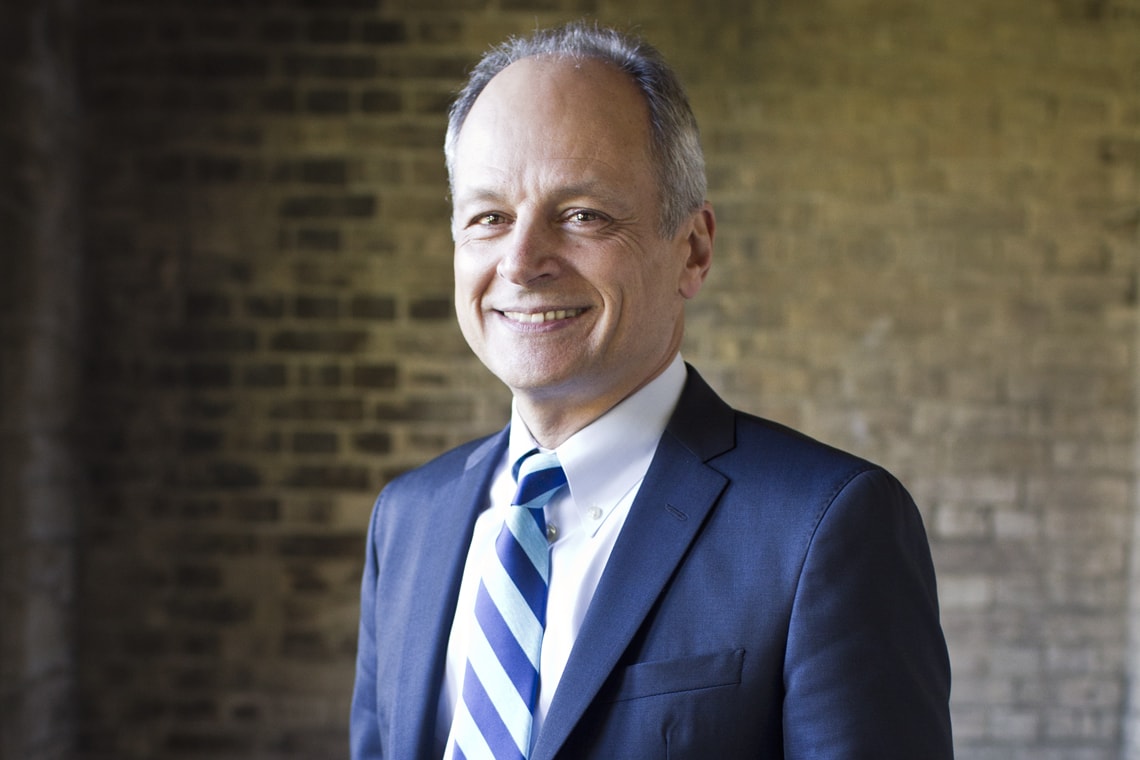There was no indication on Monday, Nov. 29,that the University of Toronto’s Scarborough Campus Students’ Union (SCSU) would rescind or revise two controversial resolutions passed at its annual general meeting last week, following their condemnation by top university officials.
In a Nov. 26 statement, UofT president Meric Gertler called the resolutions, one on support for the boycott, divestment and sanctions (BDS) movement and the other on the rights of Jewish students, “unacceptable” and “inconsistent with the University of Toronto’s core values of freedom of speech and inclusion.”
The resolutions were also condemned by the principal of UofT’s Scarborough campus, Wisdom Tettey, and by Prof. Kelly Hannah-Moffat, UofT’s vice-president, for people strategy, equity and culture.
At its annual meeting on Nov. 24, the SCSU reaffirmed its support for the international BDS campaign, saying it would refrain from “engaging with organizations, services, or participating in events that further normalize Israeli apartheid,” extending to the provision of kosher food at such events.
The motion acknowledged the “limited availability of this necessity” and allows an exception for suppliers of kosher food if “no alternatives are available.”
In a strongly worded statement, Gertler slammed the measure, saying that “a requirement that providers of food as a religious accommodation be required to apply for an exemption, or even be asked about their views about issues elsewhere in the world, is unacceptable.”
So too is the striking of language about academic freedom from the second motion on Jewish students’ rights, Gertler added.
The resolution was heavily amended by the union’s policy and bylaw committee before its adoption at the annual meeting. The resolution’s author, Jewish student Maxwell Fine, said the cuts were made without his input or knowledge.
Among many redactions to the motion made before its adoption, one called on the SCSU to “defend the principles of academic freedom, by ensuring that students, staff and faculty at UTSC enjoy opportunities to attend lectures, workshops and films about Israel and/or Palestine; participate in joint research with Israelis or Israeli institutions; enroll in classes offered in conjunction with Israeli universities; travel or study abroad in Israel, or with organizations that support Israel or Zionism.”
While the union will continue to support campus events about the Holocaust, Jewish religious beliefs, or Jewish history, struck were events “organized or sponsored, in full or in part, by campus and community groups that support Israel or Zionism.”
Academic freedom, Gertler responded, “is an individual right,” and university policy requires that campus groups must permit their members to determine which positions to take.
“Nor should they restrict the speakers they can invite, or organizations with which they can cooperate based on their connections to a particular country,” he added.
Gertler said the two resolutions “focused on Israel in a way that is troubling to many members of the community. Such motions would be no more acceptable if focused on another country, or if a student organization in which members are enrolled by their registration were to take multiple stands on a wide variety of issues.”
The university’s “place in society requires that its members be free to take positions on controversial questions,” but “it is not acceptable to impose political tests on the recognition of Jewish student groups on any of the University of Toronto campuses,” he wrote. “It is unacceptable to impose political tests on suppliers of kosher or any other type of food.”
He said the university will be following up with the SCSU to address concerns.
In their joint statement, Tetty and Hannah-Moffat said the SCSU “has set a dangerous precedent for future UofT Scarborough student union decisions.”
They said students, staff, faculty, and librarians at the university are entitled to their opinions, and Israeli-Palestinian relations are no exception.
“However, no member of our community—and no supplier to the university—should be compelled to share a particular viewpoint or perspective on the actions of any nation state.”
They said the report of UofT’s Antisemitism Working Group, formed a year ago, would be released early in December.
Officials at the SCSU did not return The CJN’s messages.
Yardena Rosenblum, president of Jewish Student Life at UofT’s Scarborough campus, called the SCSU resolutions “blatant antisemitism.”
She said her group demands that the union immediately reverses its position and “its creation of a poisoned environment on our campus.”
However, “we expect that no such undertaking will be received. We therefore turn to the University of Toronto to uphold (its) responsibility to all students by intervening on our behalf.”
She urged the university to adopt the International Holocaust Remembrance Alliance definition of antisemitism, as the governments of Canada and Ontario have done.
B’nai Brith Canada noted that UofT’s Scarborough campus has a much smaller Jewish population than its downtown location. It pointed out that because the SCSU controls clubs’ funding, room booking and many other aspects of student life at the Scarborough campus, the BDS motion “threatens to effectively shut down Jewish life.”
B’nai Brith called on the university to act “decisively.”
Michael Levitt, president and CEO of Friends of Simon Wiesenthal Centre, acknowledged the statements from university officials, but said “much more needs to be done to address the ongoing scourge of antisemitism on campus.”
Some observers have expressed fear that if unchanged, the motion of Jewish students’ rights would deny funding for campus events organized with groups like Hasbara Canada, Hillel or even Peace Now.
Hillel Ontario thanked Gertler for his “excellent” statement and said it looks forward to continuing to work with U of T “to ensure campus remains a safe and inclusive environment for all students.”







